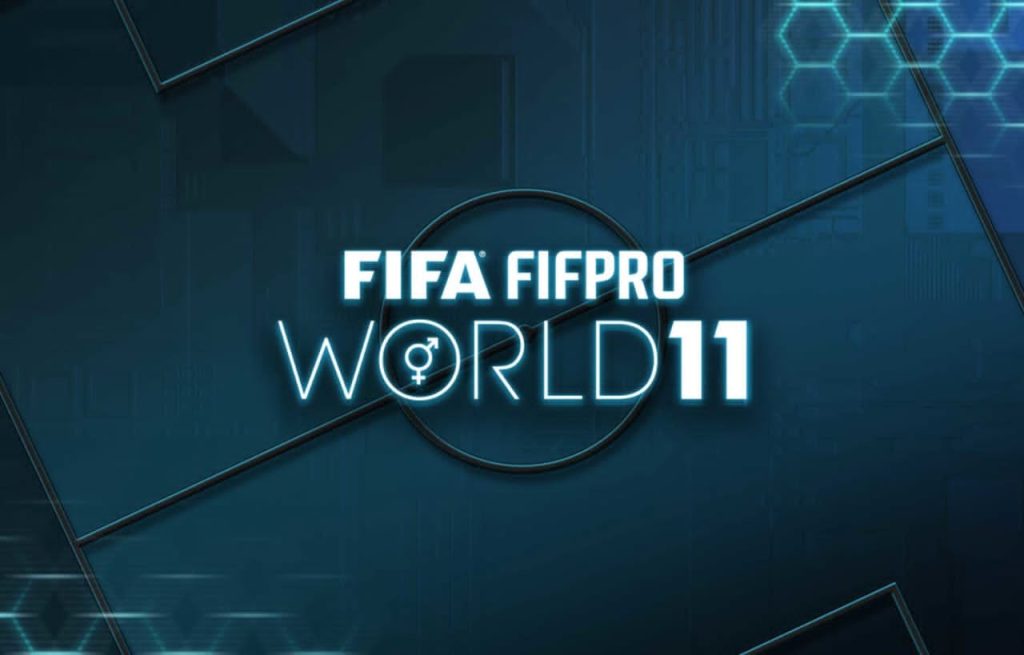
The FIFA Club World Cup, slated for June 2025 in the United States, has plunged world football into controversy, as FIFA faces legal action from multiple parties over its congested scheduling. Global players’ union FIFPRO and top European leagues have spearheaded the opposition, arguing that the increasingly packed international football calendar jeopardizes player safety and wellbeing.
The legal challenge, which reflects mounting frustration among stakeholders, centers around the strain on players who are expected to perform at elite levels with minimal recovery time. Alisson Becker, Liverpool’s goalkeeper, and Rodri, Manchester City’s midfield general, have both publicly decried the impact of the relentless fixture schedule. Their voices add to a growing chorus from players, coaches, and sports scientists urging FIFA to reassess its priorities.
In a joint statement, FIFPRO and the European Leagues criticized FIFA’s scheduling decisions, labeling the international calendar “oversaturated” and warning of dire consequences for player health. “The wellbeing of players is not an afterthought; it must be the foundation of football’s future,” FIFPRO declared. The union highlighted that the five-week gap between the Club World Cup final in late July and the Premier League’s return on August 16 leaves players with insufficient rest and recovery time.
Adding fuel to the fire, the Club World Cup is set to overlap with Women’s Euro 2025, scheduled from July 2 to 27, creating a logistical and promotional conflict that could dilute attention from the women’s tournament. Critics argue that this scheduling fails to respect the growth of women’s football, which has seen a surge in popularity in recent years.
The packed calendar has already taken a visible toll on players. Rodri, ballon d’or winner, recently voiced his concerns: “We’re not machines. Without proper rest, it’s impossible to maintain the level of football fans expect.” Alisson echoed these sentiments, emphasizing the mental strain that accompanies the physical challenges of nonstop competition.
With matches extending deep into summer, players risk entering the 2025-26 season fatigued, raising the likelihood of injuries. Sports scientists have warned that recovery windows as short as five weeks do not allow for adequate physical and mental recuperation, particularly for those who will also compete in international tournaments during the offseason.
FIFA’s decision to expand the Club World Cup to 32 teams has been a focal point of criticism. While FIFA President Gianni Infantino has championed the expansion as a step toward global inclusivity and financial growth, detractors argue that it prioritizes revenue over player welfare.
As the countdown to the 2025 Club World Cup begins, the controversy serves as a critical test of FIFA’s ability to balance the competing demands of profit, player welfare, and the broader football ecosystem. Whether this legal battle results in meaningful reform or further fractures the relationship between FIFA and its stakeholders remains to be seen.


